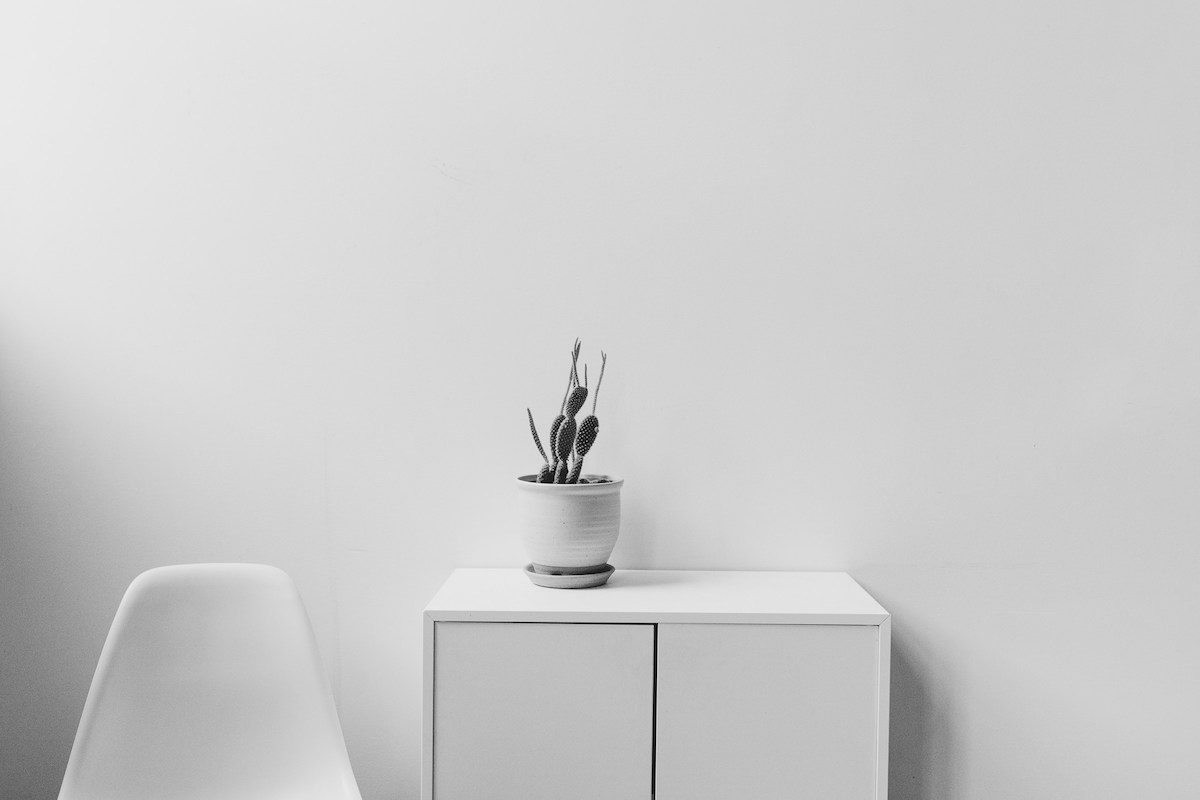Minimalism, part 1

“The more things you own, the more they own you.” - Chuck Palahniuk.
In my last article, I shared some thoughts about clutter and minimalism.
So what exactly is minimalism? In essence, it’s a lifestyle characterized by simplicity.
For me, being a minimalist means that I prefer to live intentionally, with purpose. The simpler my surroundings, the more satisfied I feel. So you can see why I’m not fond of accumulating material things – furniture, gadgets, jewellery, wealth, the works.
A minimalist embraces living simply and with gratitude, without unnecessary clutter, thus focusing on things that really matter – living, loving, learning, giving, being who you are.
In this day and age of “wants”, we strive to attain more and more belongings, power and wealth. Constantly trying to out-do ourselves or others, we focus on how to accumulate rather than offload. But where will we take it all? If everything I know about life is true, we all arrived with nothing, and we’ll leave with exactly that.
Those who have cleared their schedules or decluttered their home clearly feel the positive impact it has had on their lives.
Speaking for myself, but also backed by research, minimalism can substantially reduce stress. Because of the ability to focus, it increases productivity and happiness. Less stuff means less things to clean and maintain. Additionally, having less stuff means having more time, space, ability, (even money!) to do more fun things and focus on healthy living and well-being. Better well-being naturally leads to positivity.
Have you noticed how celebrities never seem to be entirely happy? They have so much, yet it’s never enough. The more they have, the more they desire; a vicious spiral of wanting, wanting, wanting.
Minimalism offers the opportunity to have more control in one’s life – making positive choices, adopting healthy practices that include good diet, exercise and sleep routines and making good life decisions.
In the long run, a minimalistic life can have many positive effects – from better physical and mental health, to increased energy, more time, and freedom to do things that hold meaning for you.
Many people think that millennials are “the spoiled generation” because they lack self-restraint and discipline. I’ve come to a realization, though, that most millennials are minimalists. Having grown up in households with abundance, their reality is very different – housing is out of reach, jobs are scarce, the environment is collapsing. Yet they are absolutely living life! We can learn from them.
More about this in my next article – stay tuned!
Email me: bernadette@gogettercoaching.com .
